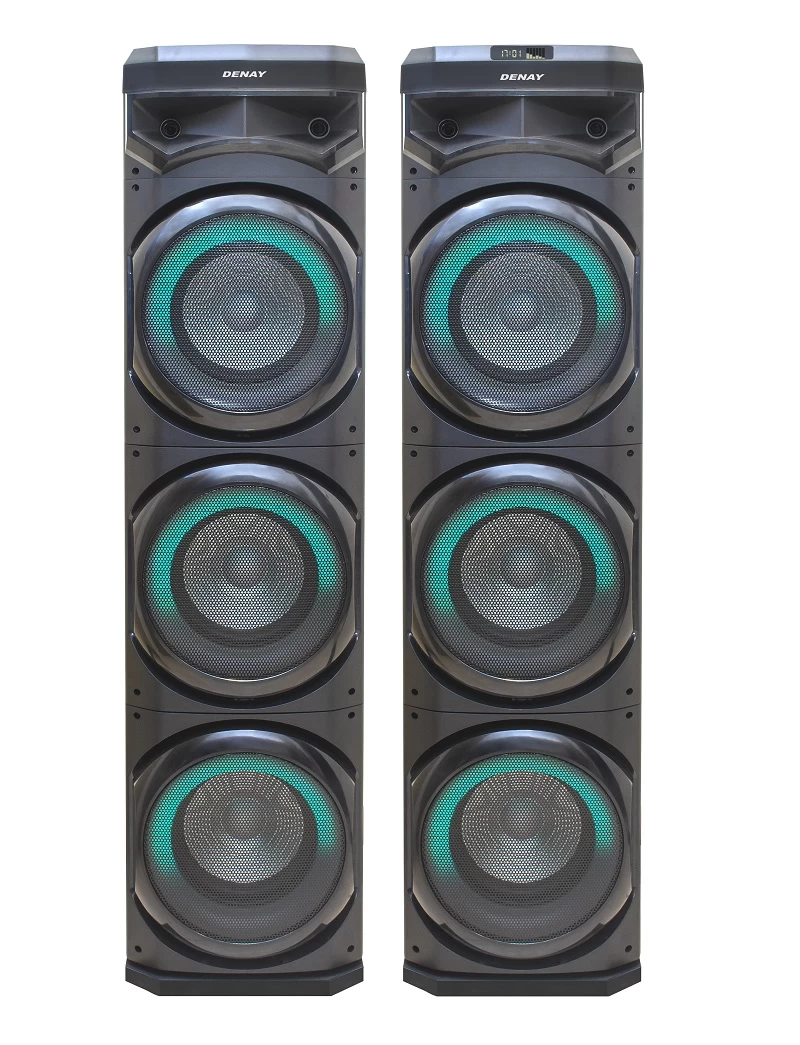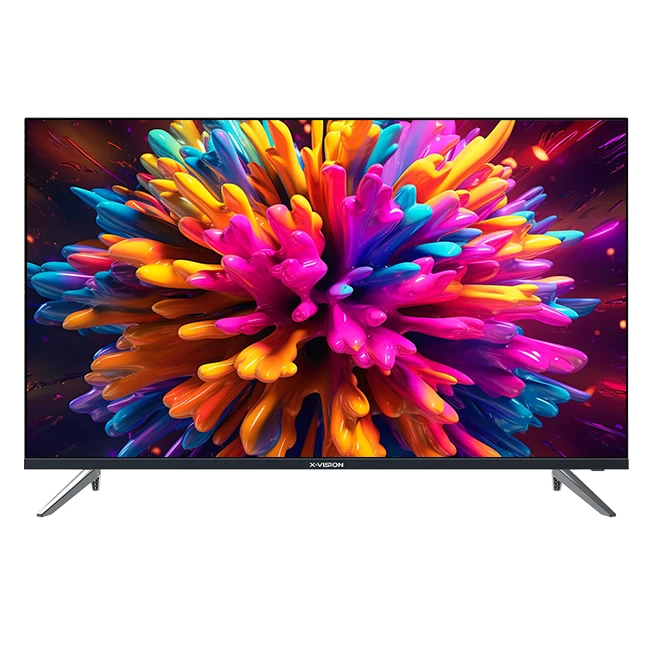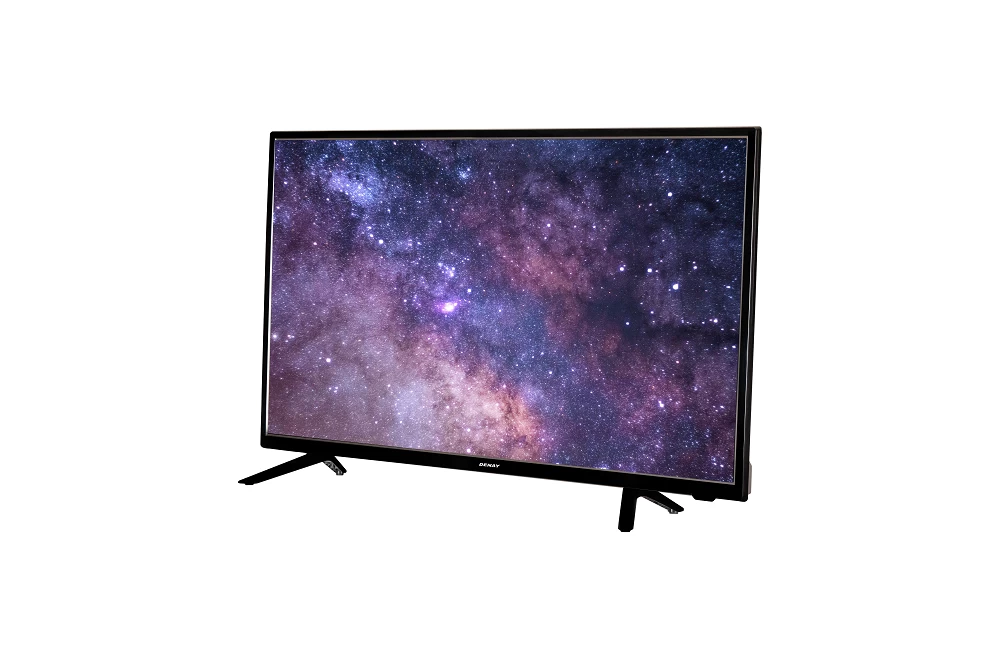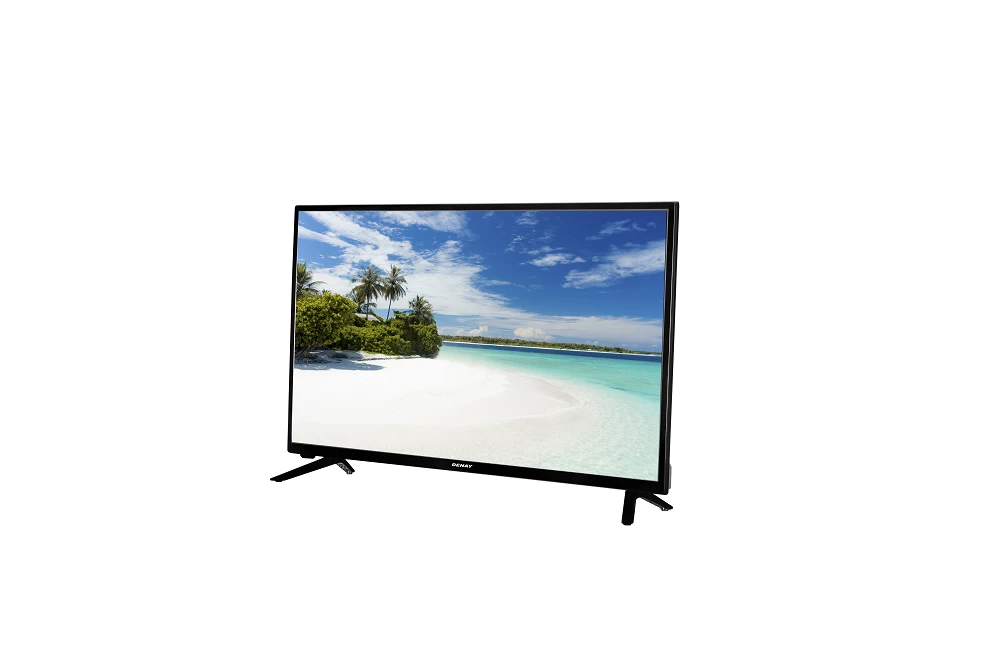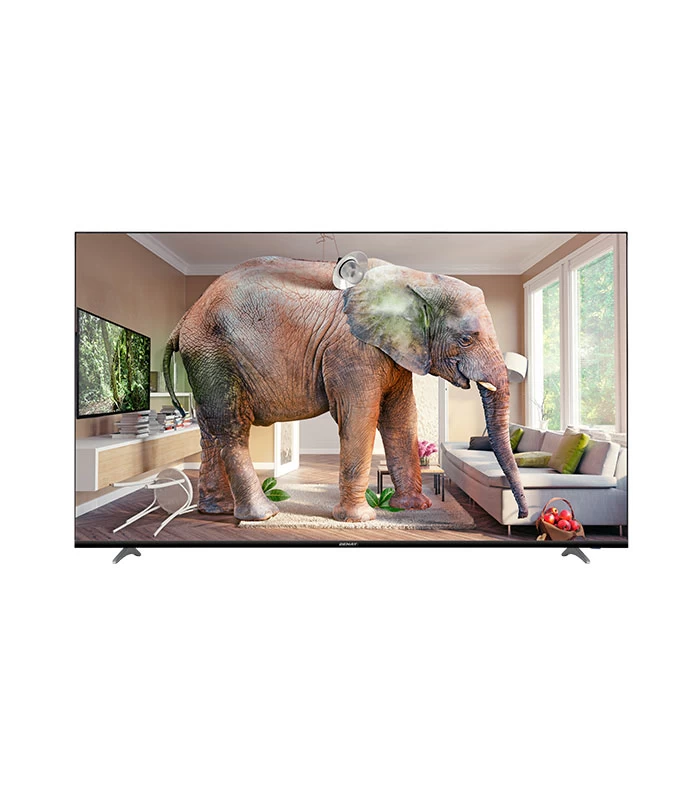Consumer Electronics
Consumer electronics encompass a wide range of electronic devices designed for personal use, including smartphones, laptops, TVs, cameras, audio equipment, and wearable devices, constantly evolving with technological advancements to enhance daily life.
Consumer electronics refer to electronic devices designed for personal use and entertainment. This category includes a diverse range of gadgets such as smartphones, tablets, laptops, smart TVs, digital cameras, audio systems, gaming consoles, and wearable technology. These devices are integral to modern life, offering connectivity, convenience, and entertainment. The consumer electronics industry is dynamic, with rapid innovations driving constant upgrades and improvements in functionality and performance.
Exporting consumer electronics is a widespread practice that benefits both manufacturers and consumers globally. Countries with strong consumer electronics industries often export their products to reach a broader market. This international trade fosters economic growth, creates job opportunities, and allows consumers worldwide to access a diverse range of electronic devices.
Manufacturers may export products to capitalize on different markets' demands, take advantage of cost efficiencies, or tap into regions with specific technological needs. Consumers benefit from a variety of options, competitive pricing, and access to the latest innovations.
However, it's important to navigate export regulations, quality standards, and market-specific preferences to ensure successful international trade in consumer electronics. Overall, the global export of consumer electronics contributes significantly to the interconnectedness of the world economy.
Consumer electronics are important for several reasons:
1. **Technological Advancement:** They drive innovation and technological progress, pushing the boundaries of what's possible and enhancing daily life.
2. **Convenience:** These devices make various tasks easier and more convenient, from communication with smartphones to entertainment through smart TVs.
3. **Global Connectivity:** Consumer electronics facilitate global connectivity, allowing people to communicate, share information, and collaborate across borders.
4. **Economic Impact:** The consumer electronics industry is a major contributor to economic growth, providing jobs, fostering innovation, and supporting various related sectors.
5. **Quality of Life:** Devices like smartphones, laptops, and smart home technology contribute to an improved quality of life by offering efficiency, entertainment, and connectivity.
6. **Entertainment and Education:** Consumer electronics play a crucial role in entertainment and education, offering a wide range of content and learning opportunities.
7. **Health Monitoring:** Wearable devices and health-related electronics contribute to advancements in healthcare by enabling remote monitoring and personalized health management.
8. **Environmental Impact:** Increasing focus on sustainable practices in the consumer electronics industry can contribute to reducing environmental impact through recycling initiatives and energy-efficient technologies.


In summary, consumer electronics are integral to modern life, influencing various aspects of society, economy, and individual well-being.
Advantages of consumer electronics include:
1. **Convenience:** They simplify tasks, offering quick and efficient ways to communicate, work, and entertain.
2. **Connectivity:** Devices enable seamless communication and collaboration, fostering global connectivity.
3. **Productivity:** Laptops, smartphones, and other gadgets enhance work efficiency and productivity.
4. **Entertainment:** Consumer electronics provide a wide range of entertainment options, from streaming services to gaming.
5. **Education:** They support learning through online resources, e-books, educational apps, and interactive content.
6. **Health Monitoring:** Wearable devices contribute to health monitoring and fitness tracking.
7. **Innovation:** Continuous advancements drive innovation, leading to improved features and capabilities.
8. **Global Access:** Consumers worldwide can access the latest technology, fostering a global marketplace.
9. **Economic Impact:** The consumer electronics industry stimulates economic growth, creating jobs and driving technological innovation.
10. **Quality of Life:** These devices contribute to an enhanced quality of life by offering convenience, connectivity, and entertainment.


Overall
Consumer electronics encompass a diverse range of electronic devices designed for personal use and entertainment. This category includes smartphones, tablets, laptops, smart TVs, digital cameras, audio systems, gaming consoles, and wearable technology. These gadgets drive technological advancements, enhancing daily life through convenience, connectivity, and innovation. Global connectivity is facilitated, allowing seamless communication and collaboration across borders. The industry's economic impact is substantial, contributing to economic growth, job creation, and innovation. Consumer electronics play a crucial role in entertainment and education, offering a wide range of content and learning opportunities. Devices like smartphones and laptops improve productivity, efficiency, and work capabilities. Wearable devices contribute to health monitoring and fitness tracking. Continuous advancements drive innovation, leading to improved features and capabilities. The industry's global nature ensures consumers worldwide can access the latest technology. The convenience of these devices simplifies tasks, making communication, work, and entertainment more accessible. They support learning through online resources, e-books, educational apps, and interactive content. Sustainable practices in the industry focus on reducing environmental impact through recycling initiatives and energy-efficient technologies. The interconnectedness of consumer electronics fosters a global marketplace. The devices contribute to an enhanced quality of life by offering convenience, connectivity, and entertainment. Streaming services, gaming, and digital content add to the entertainment value. Smart home technology enhances living spaces with automation and connectivity. Continuous technological progress influences societal norms and behaviors. Consumer electronics have become integral to modern life, influencing various aspects of society and individual well-being. The industry's dynamism ensures a constant flow of new products and features. Convenience and efficiency are key drivers, with devices simplifying everyday tasks. The economic impact extends beyond manufacturing to related sectors and services. The industry's adaptability to consumer needs ensures a wide variety of products catering to diverse preferences. The convergence of technology in these devices leads to multifunctionality and versatility. Consumer electronics offer a balance between work and leisure, supporting both professional and personal aspects of life. Wearable devices not only track health metrics but also contribute to the evolution of personalized healthcare. Overall, consumer electronics continue to shape and redefine the modern lifestyle through innovation, connectivity, and accessibility.
Consumer electronics refer to electronic devices designed for personal use and entertainment. This category includes a diverse range of gadgets such as smartphones, tablets, laptops, smart TVs, digital cameras, audio systems, gaming consoles, and wearable technology. These devices are integral to modern life, offering connectivity, convenience, and entertainment. The consumer electronics industry is dynamic, with rapid innovations driving constant upgrades and improvements in functionality and performance.
Exporting consumer electronics is a widespread practice that benefits both manufacturers and consumers globally. Countries with strong consumer electronics industries often export their products to reach a broader market. This international trade fosters economic growth, creates job opportunities, and allows consumers worldwide to access a diverse range of electronic devices.




Consumer electronics encompass a diverse range of electronic devices designed for personal use and entertainment. This category includes smartphones, tablets, laptops, smart TVs, digital cameras, audio systems, gaming consoles, and wearable technology. These gadgets drive technological advancements, enhancing daily life through convenience, connectivity, and innovation. Global connectivity is facilitated, allowing seamless communication and collaboration across borders. The industry's economic impact is substantial, contributing to economic growth, job creation, and innovation. Consumer electronics play a crucial role in entertainment and education, offering a wide range of content and learning opportunities. Devices like smartphones and laptops improve productivity, efficiency, and work capabilities. Wearable devices contribute to health monitoring and fitness tracking. Continuous advancements drive innovation, leading to improved features and capabilities. The industry's global nature ensures consumers worldwide can access the latest technology. The convenience of these devices simplifies tasks, making communication, work, and entertainment more accessible. They support learning through online resources, e-books, educational apps, and interactive content. Sustainable practices in the industry focus on reducing environmental impact through recycling initiatives and energy-efficient technologies. The interconnectedness of consumer electronics fosters a global marketplace. The devices contribute to an enhanced quality of life by offering convenience, connectivity, and entertainment. Streaming services, gaming, and digital content add to the entertainment value. Smart home technology enhances living spaces with automation and connectivity. Continuous technological progress influences societal norms and behaviors. Consumer electronics have become integral to modern life, influencing various aspects of society and individual well-being. The industry's dynamism ensures a constant flow of new products and features. Convenience and efficiency are key drivers, with devices simplifying everyday tasks. The economic impact extends beyond manufacturing to related sectors and services. The industry's adaptability to consumer needs ensures a wide variety of products catering to diverse preferences. The convergence of technology in these devices leads to multifunctionality and versatility. Consumer electronics offer a balance between work and leisure, supporting both professional and personal aspects of life. Wearable devices not only track health metrics but also contribute to the evolution of personalized healthcare. Overall, consumer electronics continue to shape and redefine the modern lifestyle through innovation, connectivity, and accessibility.
FAQs
What are consumer electronics used for?
Communication, entertainment, productivity, and connectivity.
What is the future of consumer electronic?
Continued innovation, AI integration, IoT growth, and enhanced user experiences.
Why should we recycle electronic products ?
Prevents environmental harm, conserves resources, and reduces electronic waste.
Are they harmful for kids?
Some can be, monitor usage, set limits, and ensure age-appropriate content.
 +7929688-88-14
+7929688-88-14

 English
English
 Persian
Persian
 Russian
Russian
 Chinese
Chinese


 +7929688-88-14
+7929688-88-14

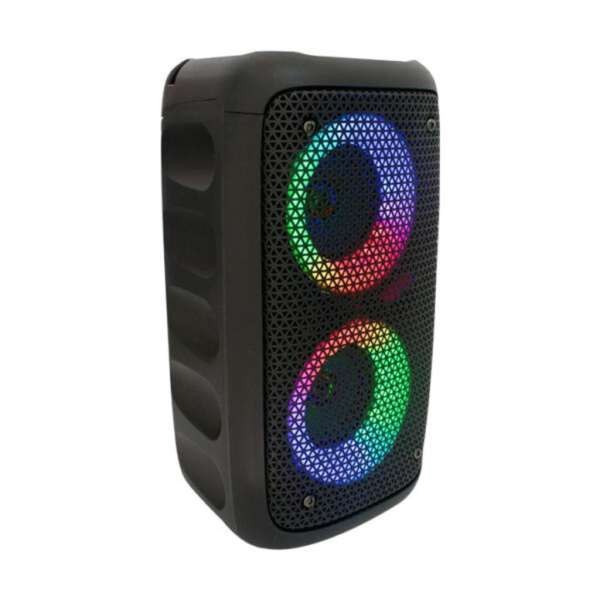
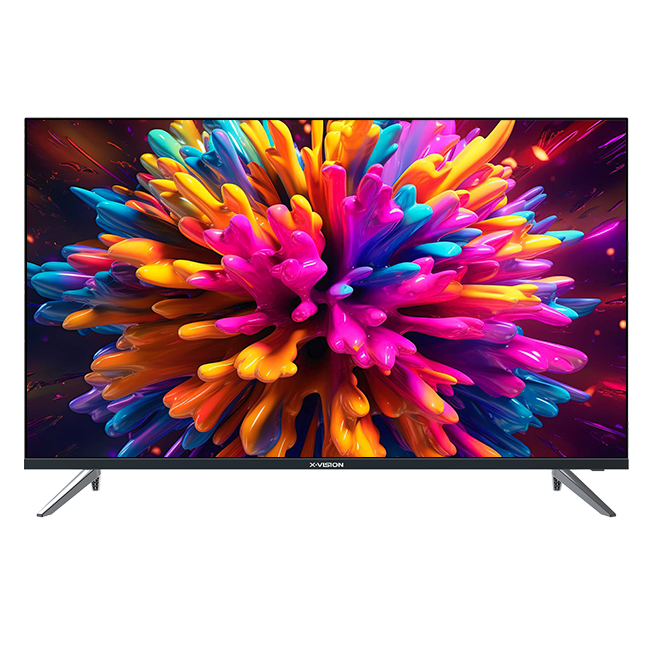
.webp)


.webp)
